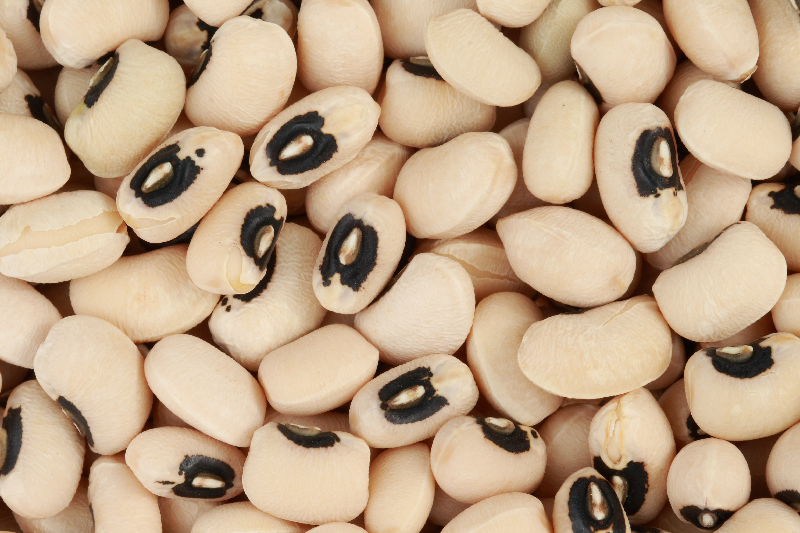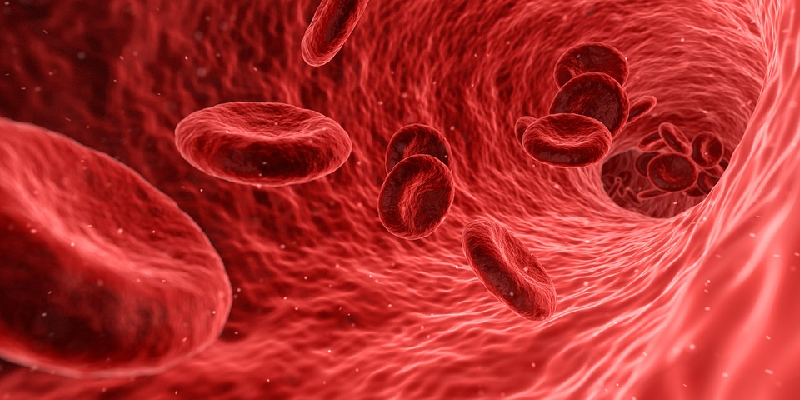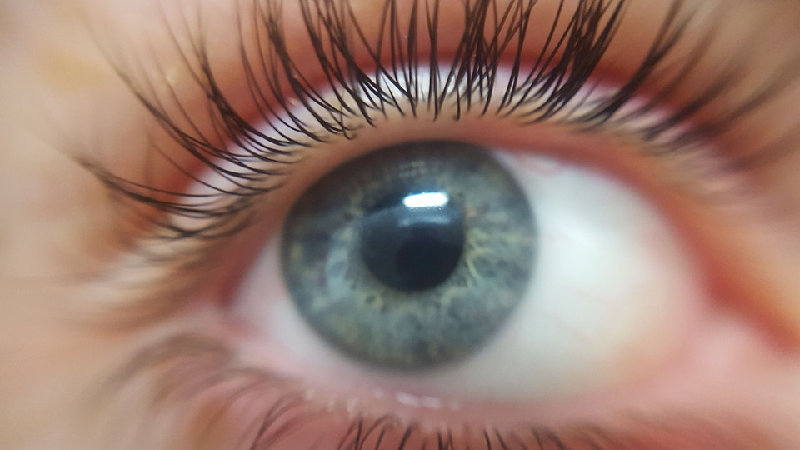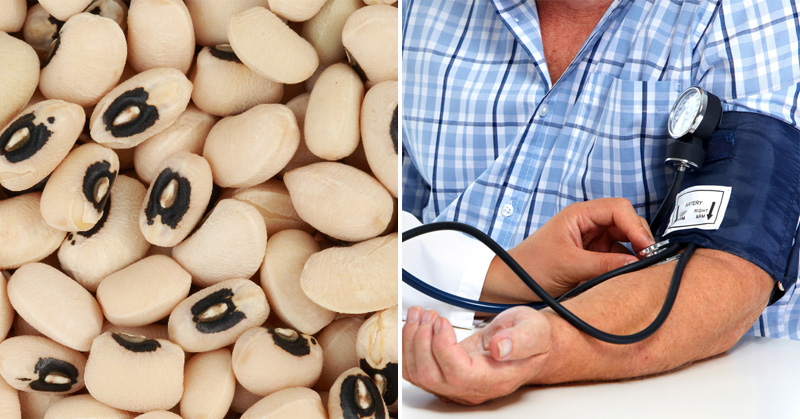Black-eyed peas, despite their name, are not peas, but beans. They get their name from their appearance; cream-colored with a little black spec that resembles an eye. And the black-eyed pea benefits your health in numerous ways. From fiber to folate, this nutritious food product is a welcome addition to any pantry.

Here are 5 noteworthy black-eyed pea benefits:
1. Improves Digestion
One of the most prominent black-eyed pea benefits is the large quantity of dietary fiber. This helps regulate bowel movements as well as improve your overall health, but in particular, your digestive system. The high level of fiber in black-eyed peas absorbs water and carries waste products out of the body. And as it’s a high-fiber food, black-eyed peas can help treat constipation.
And while black-eyed peas and other beans are commonly associated with excessive flatulence, research refutes this popular myth. Studies done at Arizona State University and the University of Colorado Springs looked at the amount of excessive gas from bean consumption among adults. The study took place among three separate feeding studies. Participants ate half a cup of beans daily for either eight weeks or 12 weeks. Only 19 percent who ate black-eyed peas saw an increase in flatulence, and less than half reported an increase in gas from eating pinto or baked beans. It would seem that the correlation between eating beans and excessive gas has been exaggerated. (1)
2. Prevents Anemia

Black-eyed pea benefits continue with the ability to prevent anemia. Anemia occurs when your blood has a lower than normal number of red blood cells. It can also happen when your red blood cells don’t have enough hemoglobin, which is what helps transport oxygen from your lungs to the rest of your body.
But as black-eyed peas are high in iron, they can help fight symptoms of anemia. Furthermore, black-eyed pea benefits include being high in folate, which is needed to make normal red blood cells. This is crucial as low folate can also lead to anemia. (2)
3. Lowers Blood Pressure
Potassium helps keep your blood pressure at a healthy level, which helps lowers your risk of heart disease. And black-eyed peas happen to be very rich in potassium. And it’s been shown that heart attack patients who get enough potassium have a lower risk of death. (3) One cup of black-eyed peas offers you roughly 20 perfect of your daily potassium needs.
Black-eyed pea benefits also include protection against coronary heart disease. (4) To be sure, this bean is a heart-healthy food!
4. Increases Folate Intake
When it comes to health, folate plays many important roles. It helps the body make new cells, but it also helps the body utilize vitamin B12 and amino acids. It also prevents spina bifida, which is why it is crucial for pregnant women to ensure they are getting adequate amounts of folate. Furthermore, not getting enough folate can cause anemia, poor immune function and poor digestion.
However, this is another area in which the black-eyed pea benefits your health. Just one cup of black-eyed peas can supply more than half or your RDI. That means two cups could meet your daily folate needs.
5. Boosts Skin and Eye Health

As it is also an excellent source of vitamin A, the black-eyed pea benefits your vision, as well. One cup has a quarter of your daily vitamin A recommended intake. Furthermore, vitamin A not only produces the pigments in the retina of the eye, it also helps form and maintain healthy skin and mucus membranes.
It’s important to note that while carrots and other orange foods can help your eyesight, there are other foods, such as black-eyed peas, that can also improve vision. In fact, the black-eyed pea benefits, in particular, vision in low light.
Black-eyed pea benefits your physical health in several ways. Start reaping those benefits by adding this delicious and nutritious food to your diet today!


